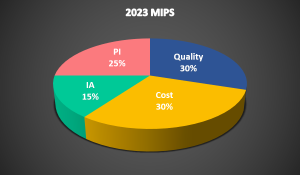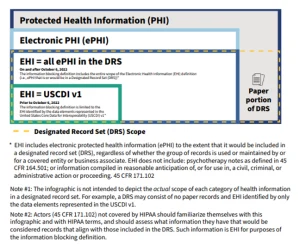That’s a bit of a mouthful, but it means that our software, CQMsolution, remains at the forefront in providing meaningful, submission-ready clinical quality measure output. CQMsolution supports 93 CMS eCQMs and the 64 aligned PQRS measures.
- Cypress 3.0 validation software, which includes more robust testing relative to 2.6.1, must be supported
- The latest set of measure versions for the 2016 reporting year, validated by Cypress, must be supported
- Required data export capability is expanded
- Data import should be more accessible (“without developer assistance”)
- Exported data file must meet R2 implementation guide for QRDA
Not reinventing the wheel, replacing tires
Our developers put in rigorous work over the last quarter, incorporating feedback from clients, to dramatically enhance the software, making it easier-to-use, more robust and, of course, certification-ready for ONC 2015 Edition and Cypress 3.0.
We saw this development cycle as a great opportunity to take everything we have learned over the past few years – in the form of our feature enhancements and performance improvements – and integrate it fully with new development.
This meant taking the principles behind engine and UI that worked and preserving them, while using the regulatory changes in measure logic and output as a chance for a coordinated re-design. The CQMsolution calculation engine uses the eMeasure HQMF files, which are based on the Quality Data Model (QDM), as the basis for evaluation. We use these files to create the data structures through which we process patient data.
In contrast to feature-specific roll-outs, this was a bottom-up version. It is not often you get a chance to re-write core parts of your application. This can be a perilous process, but there were two factors that made it successful:
- The ability to create a completely new calculation engine for 2016 reporting year without altering previous reporting year calculation engines meant we were not required to maintain backwards compatibility in the new code
- After identifying our time parameters and client needs, our development team realized complete development focus would be needed. The project was afforded development time in a distraction-free environment.

CQM data intake and calculation were worked all at once, allowing for a holistic approach. Combined with extensive testing, relying in part on a more exhaustive Cypress data set, the result was a robust upgrade, built on clean code.
The changes from the 2014 release measure to the 2015/2016 release measures were dramatic, requiring a rewrite of major portions of CQMsolution. Example of these changes can be seen in the text of the measures. New subset operators were added and new temporal operators that make the measures more clear.
The changes in QRDA format also called for a rewrite to the parsing and generating pieces that enable our clients’ certification and submission of CQMs.
On top of the CQM engine, we integrated user experience changes to make both certification testing and day-to-day use of the application easier and reflective of technical changes. These changes range from easier report tracking in the UI, to one-click certification testing through single-upload “compound” report and API to Cypress.
Improvements ahead
CQMsolution 3.0 is now in beta testing with clients, pending final ONC certification. The development cycle is perpetual and we intend to stay at the forefront of CQM development. By year’s end, 2017 reporting year support should be complete and a number of features are in the pipeline for the near term, including API-based data collection from client EMRs.
We look forward to rolling those out and, of course, to our full certification on all four CQM measures. Stay tuned!



